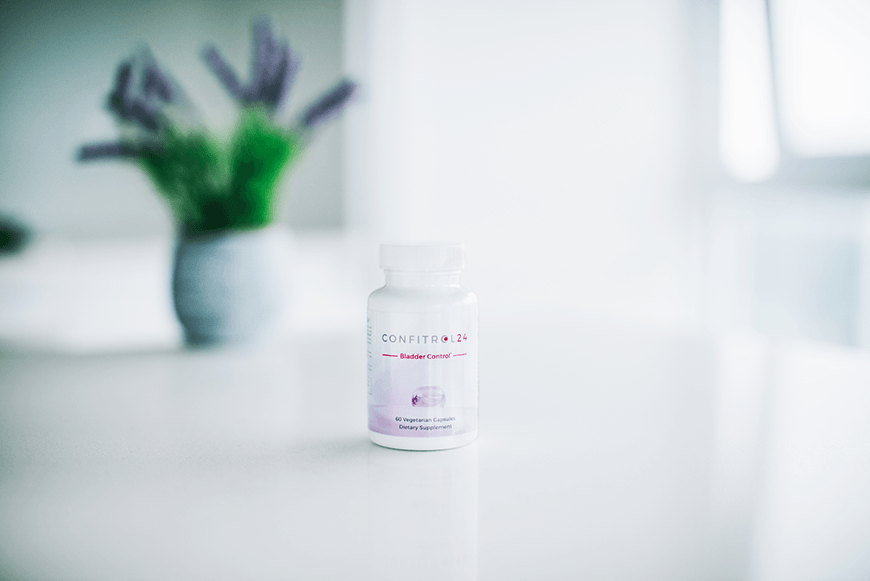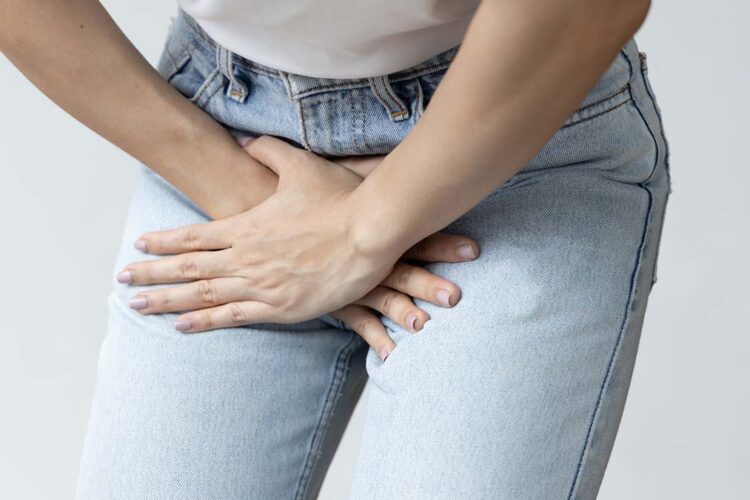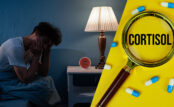If you’ve ever found yourself mapping out bathroom locations before leaving the house, setting multiple alarms for nighttime bathroom trips, or declining social invitations due to bladder concerns, you’re not alone. Millions of women live with overactive bladder (OAB), but what many don’t realize is how profoundly this condition extends beyond the physical symptoms, creating a ripple effect that touches every aspect of daily life.
The Sleep Disruption Cycle: More Than Just Nighttime Trips
One of the most significant yet underrecognized impacts of overactive bladder is its effect on sleep quality. Research shows that 85.6 percent of people with OAB have nocturia, which is when you wake up multiple times at night to urinate. But the sleep disruption goes far deeper than just these bathroom visits.
Women who self-report symptoms of overactive bladder (OAB), including nocturia, experience significant sleep deficits and a diminished quality of life. These deficits and their impacts are greater among women who awaken two or more times per night. What’s particularly concerning is that women with overactive bladder have high rates of poor sleep quality and sleep disruption even in the absence of nocturnal bladder symptoms, and many nocturnal awakenings are not attributable to bladder symptoms.
This creates a vicious cycle. Poor sleep affects your body’s ability to regulate hormones and maintain healthy muscle tone, potentially worsening bladder control issues. Meanwhile, the anxiety about potential nighttime accidents keeps your mind active, making it even harder to achieve restorative sleep.
The Confidence Crisis: When Your Bladder Controls Your Social Life
The psychological impact of overactive bladder extends far beyond physical discomfort. Research suggests that rates of anxiety, depression, and stress are significantly higher in people with OAB, and this isn’t surprising when you consider how the condition affects daily decision-making.
Many women develop what researchers call “coping behaviors” – constantly scanning for bathrooms, avoiding certain activities, or wearing protective garments “just in case.” While these strategies might seem helpful, studies have found that higher coping scores are associated not only with greater urinary symptom severity, but also with greater anxiety and stress symptoms.
A systematic review found that people with overactive bladder tend to have greater levels of depression, anxiety and embarrassment/shame. This emotional burden often leads to social isolation, as women begin to decline invitations or avoid activities they once enjoyed.
The Quality of Life Domino Effect
The interconnected nature of sleep disruption and psychological stress creates a domino effect on overall quality of life. Research shows that men and women with bothersome OAB report the lowest levels of health-related quality of life and work productivity and the highest levels of anxiety and depression compared to those with no/minimal symptoms.
This manifests in numerous ways:
Work and Productivity: Frequent bathroom breaks, fatigue from poor sleep, and difficulty concentrating due to anxiety about accidents can significantly impact professional performance.
Relationships: The stress and embarrassment associated with OAB can strain intimate relationships and friendships. Partners may not understand the extent of the problem, leading to feelings of isolation.
Physical Activity: Fear of leakage during exercise or sports activities often leads to a more sedentary lifestyle, which can worsen overall health and potentially exacerbate bladder control issues.
Mental Health: Women with OAB and anxiety symptoms report greater psychosocial burdens including psychological stress and reduced quality of life.
Breaking the Silence: The First Step Toward Reclaiming Your Life
Understanding that overactive bladder is a medical condition – not a personal failing or inevitable part of aging – is crucial for breaking free from its grip on your life. The shame and embarrassment that often accompany OAB symptoms can prevent women from seeking help, but this silence only perpetuates the problem.
Recent research has shown promising results for various treatment approaches. Cognitive behavioral therapy has shown improvements in urinary symptoms and led to significant improvements in both anxiety and depression in women with drug-resistant OAB. This suggests that addressing both the physical and psychological aspects of the condition can lead to better outcomes.
The Path Forward: Hope for Better Days Ahead
The good news is that overactive bladder doesn’t have to define your life. Whether through lifestyle modifications, behavioral therapies, medical treatments, or natural supplements, there are numerous options available to help you regain control.
The key is recognizing that seeking help is not just about managing bladder symptoms – it’s about reclaiming your sleep, your confidence, and your overall quality of life. You deserve to live without constantly planning your day around bathroom locations or waking up multiple times each night.
Remember, you’re not alone in this journey. Millions of women have successfully managed their overactive bladder symptoms and returned to living life on their own terms. With the right approach and support, you can too.

Take Control with HerSolution Confitrol24
If you’re ready to break free from the cycle of sleep disruption, anxiety, and reduced quality of life that often accompanies overactive bladder, HerSolution Confitrol24 offers a natural, clinically-studied solution. This innovative supplement features Urox®, a patented blend of three plant-based ingredients that has been clinically evaluated and documented to help strengthen bladder walls, improve bladder control, reduce urgency, and promote a healthy urinary tract.
The unique formula includes Cratevox® (a standardized extract from the Crateva nurvala tree that helps strengthen bladder walls), Raw Horsetail (which acts as a natural diuretic to ensure complete bladder emptying while toning bladder walls), and Lindera Aggregata (a Chinese herb used for thousands of years to address frequent urination and incontinence). Together, these ingredients work synergistically to address the root causes of overactive bladder, potentially helping you enjoy fewer trips to the bathroom, less urgency, better sleep, and fewer accidental leaks. With a 67-day money-back guarantee, you can try Confitrol24 risk-free and take the first step toward reclaiming your confidence and quality of life.





